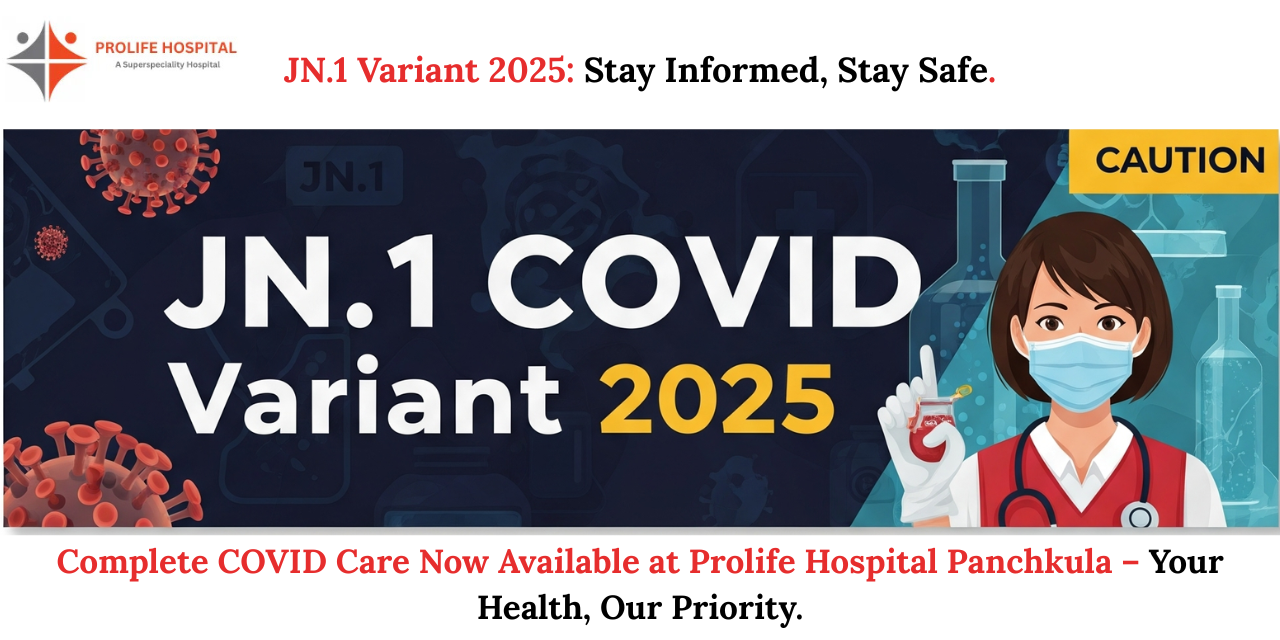Prostate disease is a common yet often silent concern for men, especially those over the age of 50. The prostate, a small gland located beneath the bladder, plays a key role in the male reproductive system. Unfortunately, issues with the prostate can develop quietly, with early symptoms often mistaken for minor health annoyances or overlooked altogether. Recognizing these subtle signs and understanding the importance of regular check-ups can be essential in preventing the progression of prostate disease.
Understanding Prostate Disease
Prostate disease includes conditions such as benign prostatic hyperplasia (BPH), prostatitis, and prostate cancer. While BPH and prostatitis are not cancerous, they can cause uncomfortable symptoms that interfere with daily life. Prostate cancer, on the other hand, can be life-threatening if not detected early. Each condition may present unique symptoms, yet there are overlapping signs that all men should be vigilant about.
Early Symptoms of Prostate Disease to Watch For
- Frequent Urination, Especially at Night
One of the earliest and most common signs of prostate disease is an increased need to urinate. This often starts with waking up multiple times during the night to use the bathroom, a condition known as nocturia. As the prostate enlarges, it can place pressure on the bladder, causing a sensation of urgency even when it’s not full. - Difficulty Starting or Stopping Urine Flow
Experiencing trouble in starting or stopping urination is another subtle sign. Many men may notice a weak or interrupted flow, which can cause frustration and lead to hesitancy in seeking medical advice. However, these changes are often one of the earliest signs of a prostate problem. - Weak Urine Stream
A reduced force in the urine stream is often due to an enlarged prostate pressing on the urethra. This obstruction slows down the flow, causing a weaker stream and may even cause dribbling after urination. Many men attribute this symptom to aging, but it could be an early indication of a prostate issue. - Pain or Burning Sensation During Urination
Pain or discomfort while urinating can be an early sign of prostatitis or other prostate-related issues. This symptom is often associated with urinary tract infections but can also be a sign that the prostate gland is inflamed or enlarged. Ignoring these sensations may lead to worsened symptoms and infection. - Blood in Urine or Semen
Although blood in the urine or semen is rare, it’s a concerning sign that should never be ignored. Blood may indicate an infection or, in more serious cases, a warning sign of prostate cancer. Even if this symptom appears only once, it’s crucial to consult a healthcare professional immediately. - Erectile Dysfunction
Erectile dysfunction (ED) can also be an early sign of prostate disease. An enlarged or inflamed prostate may affect sexual performance, causing difficulty in achieving or maintaining an erection. Men experiencing new or worsening ED should consider this as a potential symptom of prostate issues. - Pain in the Lower Back, Hips, or Thighs
Persistent discomfort in the lower back, hips, or upper thighs may indicate prostate problems. While back pain is common and often linked to physical strain or aging, pain in these specific areas without apparent cause may be a warning sign of prostate disease.
The Importance of Regular Check-Ups for Early Detection
Regular check-ups are the cornerstone of proactive health management, particularly for men over the age of 50 or those with a family history of prostate disease. Annual screenings, including prostate-specific antigen (PSA) tests and digital rectal exams (DRE), are vital for early detection. Prostate disease, especially cancer, often progresses without showing clear symptoms until advanced stages. Regular exams can help identify abnormalities early, potentially preventing the need for invasive treatments and improving the chances of successful outcomes.
Dr. Sunil Malhotra’s Approach to Prostate Health
For those experiencing any of the symptoms above or looking for routine screening, prostate treatment in Panchkula is available with renowned specialist Dr. Sunil Malhotra at Malhotra Hospital & Orthopedic Centre. Dr. Malhotra is dedicated to providing expert care, from routine screenings to advanced prostate treatments, helping patients address prostate issues with compassion and precision.
Conclusion
Understanding and acknowledging the early signs of prostate disease can make a significant difference in men’s health outcomes. Symptoms such as frequent urination, difficulty starting or stopping urine flow, and discomfort in the lower back or hips are more than minor inconveniences they can be early indicators of potentially serious prostate issues. Regular check-ups, along with timely medical advice from experts like Dr. Sunil Malhotra at Malhotra Hospital & Orthopedic Centre in Panchkula, can aid in early detection and prompt treatment, significantly improving the quality of life and health outcomes for men. To get more information please contact us on : +917302217302.













